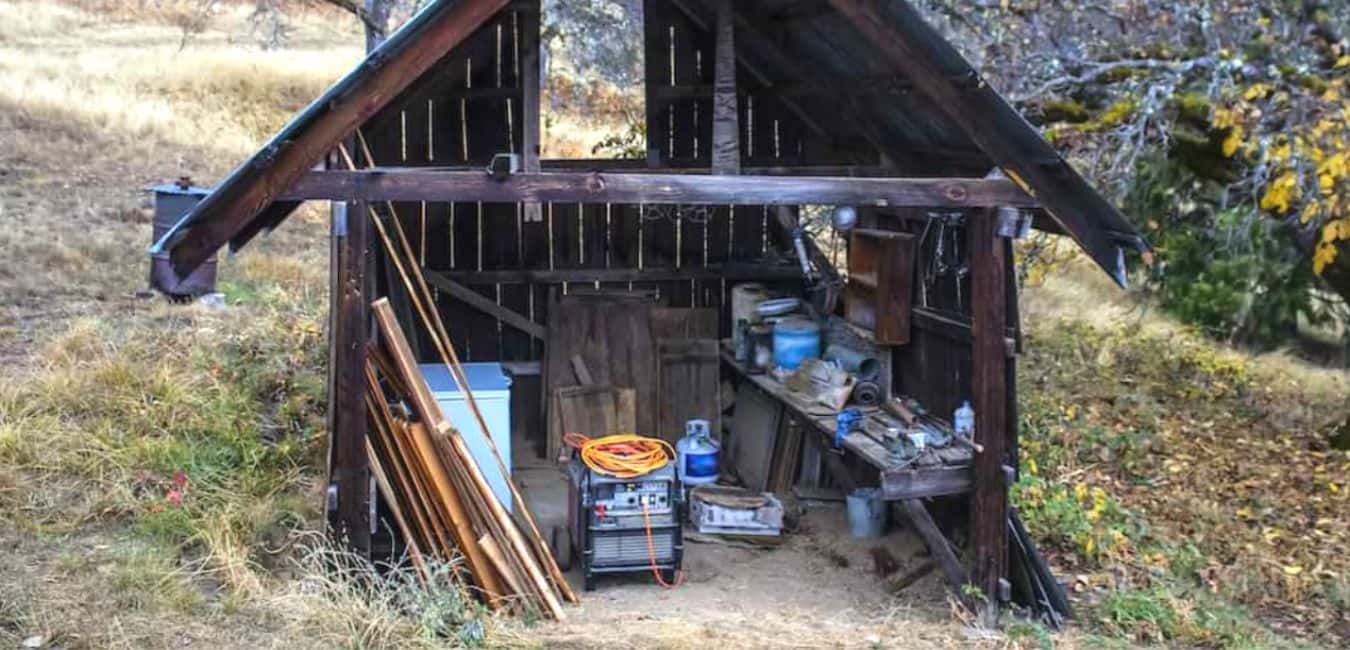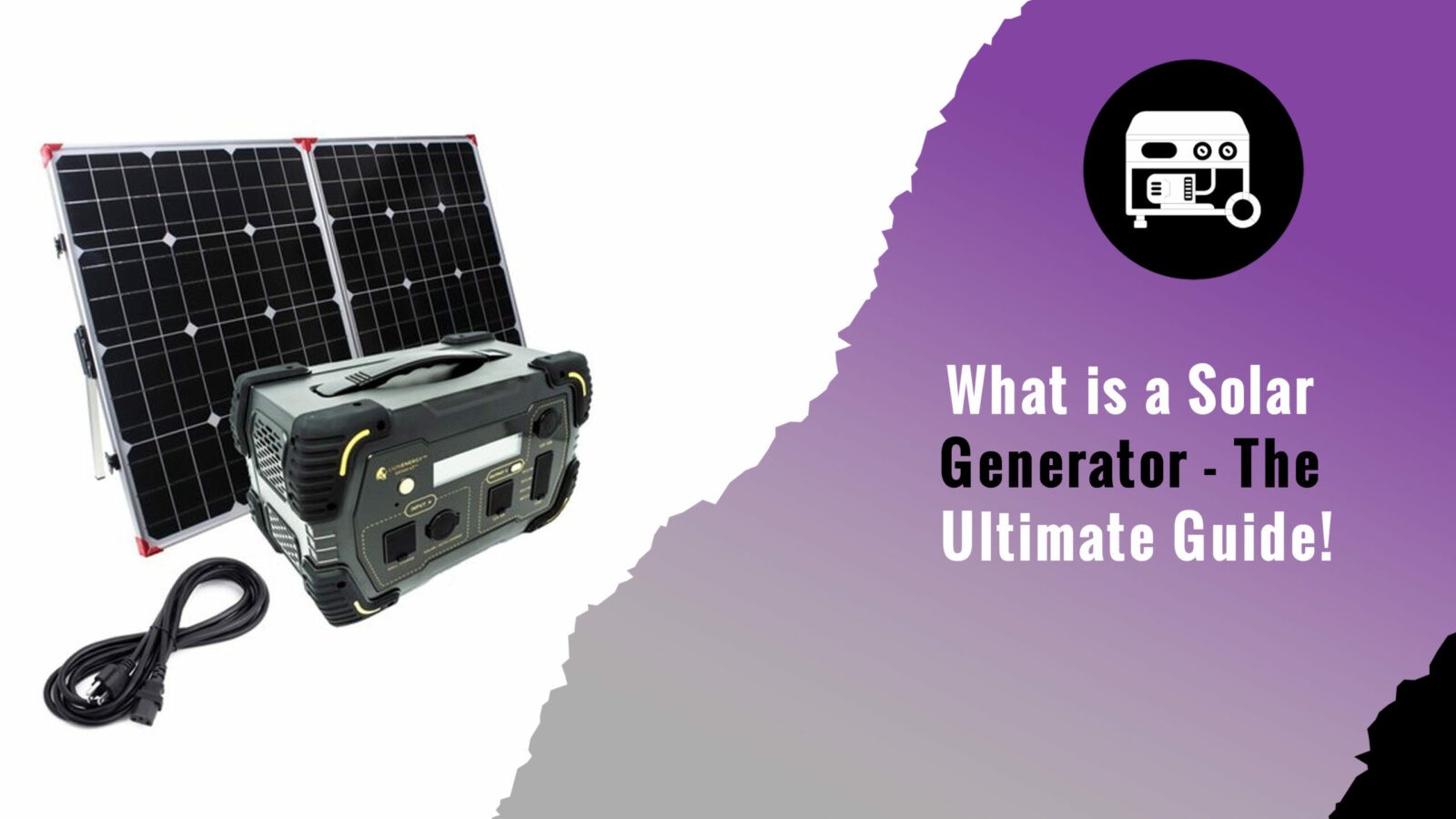In this age of technology, I think we can’t operate life without electricity. Electricity has become our first and foremost necessity. The generator is equally important in winter and summer. When winter starts the temperature drops continuously until reached the freezing point. At this point, you might face a power shortage due to the frost.
There are many problems that you might face while operating a generator in winter. Some of them are as follows:
- Batteries and engines do not work well in winters because the fuel in them turns into a viscous gel-like matter that delays the starting of the engine
- Engines won’t start until it gets warm and it takes some time
- The engines do not work much efficiently
So, in winter you must take extra care of your generator and in this article, we will discuss the simple and easy methods to winterize a generator.
How to store a generator when not in use
Follow the method carefully if you want to store a generator when not in use:
- First of all, check the oil level of your generator
- Empty the gasoline tank if there is any gas left inside it
- Always check all the parts of the generator that if they aren’t damaged
- Make annual maintenance compulsory
- Clean all the dirt and debris from the generator
- Cover up the generator
How to winterize a generator
Winterizing or winter-proofing your generator will increase its life span. It is needful to winterize the generator if you want to make it ready to be used next season without any damage. In this article, you will get the solution to your problems as I am going to tell you everything as per my experience.
1. Clean up the fuel tank
The first step is to clean up the fuel tank of your generator. Because in the winter days this leftover fuel freezes in the line thus stopping the working of the carburetor. This frozen fuel causes corrosion in the fuel lines and affects the working of the generator.
2. Clean up the carburetor
Cleaning up the carburetor is also very important. Unused oil accumulates in the engine in the form of a gel-like material that is not good for the working of the engine so before winterizing generator also cleans up the carburetor.
3. Change the engine oil
Oil and filter replacement will be another task. The new oil will maintain the parts’ lubrication throughout the winter. You should keep in mind that different kinds of oil have different viscosities to accommodate different temperatures. Make sure to use an oil made to function in low and freezing temperatures while changing the oil for the winter.

Oil flows are more challengingly in cold weather because of a change in viscosity. A low oil sensor on your generator may advise shutting it off. Make sure you’re using a thinner winter-grade oil that will flow more easily. For advice, consult your owner’s manual.
4. Remove the Spark Plug
Experts always advise removing the spark plug and closing the aperture to prevent dust or other debris from getting in.
If you have a dual-fuel generator and have just used LPG, you do not need to clean the component of the generator. To clean the tank, check the lines, and clean the carburetor after using the generator with both fuels, though, is necessary. The comparatively clean combustion of propane ensures that little residue is left in the lines.
Avoid leaving your generator exposed where snow and ice could cause harm since melting ice and snow can lead to rust and corrosion of its components. In a garage, dry shed, or other enclosed space, keep your generator. Place it on a pallet if doing so is not practicable.
How to keep the generator from freezing
1. Put your Generator in a dry and warm area
Everybody is aware that electrical devices are susceptible to breaking and causing harm if water gets inside of them. The same applies to generators. Keep your generator at a location free of snow and rain if you live in a region that experiences significant winter snowfalls.
Water entering the generator will make it difficult for it to operate properly. A generator’s engine will also malfunction due to water damage to the motor. Keep your generator in a dry place if you’re trying to winterize it.
2. Check the battery
A generator’s battery typically performs poorly in the winter. The battery is crucial for powering the generator’s motor and ensuring proper operation. The battery typically stops functioning due to the severity of the cold, making it challenging to set up the generator.
In order to prevent the battery in your generator from running low, you must regularly check it. Check the battery in your generator every two to three days, and operate it for a few minutes even when there is power, to prevent the battery from breaking and requiring repair or replacement. By doing this, you’ll not only assist your generator get ready for winter but also extend its lifespan.
3. Utilizing Additional Devices
Utilization of heating pads
An apparatus for warming a generator’s engine and the battery is a heating pad. Because it aids in pre-starting the generator by heating up the engine or a battery, the heating pad is best used in the winter. This will facilitate a smoother generator operation.

Employing an engine block heater
One should be familiar with what an engine block warmer is before reading about its uses. The term “water jacket heater” can also refer to an engine block heater. In addition to maintaining the generator’s engine or motor, this heater also prevents the lubricant from thickening in the motor.
Not only for automobiles but also for generators, one ought to have an engine block heater. Mobiloil or any other lubricant used to ensure a generator runs smoothly will be kept warm by an engineering block heater, which also keeps them from thickening. It will stop a generator’s engine or motor from freezing up from the cold.
Kits for Cold Weather
In places when the temperature drops exceptionally low, cold weather kits are employed. This package aids in warming a generator’s battery. When the temperature dips, it kicks on and warms a generator’s batteries to maintain a comfortable temperature. Normally, this kit includes some generators, but you can easily get them if you don’t have any.
How to store a Portable generator
Storing a generator, whether you are storing it for the long term or the short term is a bit technical. There are some important cautions that must be taken before storing it.
1. Cleaning
Cleaning is an essential step, before storing the generator clean it thoroughly both externally and internally. Otherwise, dust will harm the body of the generator causing it to get rusty.

2. Empty Fuel Tank
Empty the fuel tank before storing the generator. The leftover fuel turns into a sludge that decreases its efficiency of it.
Where should I keep my Generator?
Now the question is where should I keep my generator after preparing it for storage or winterizing? The answer is very simple and you are going to get it by reading our article further. So let’s jump to the answer:
Garage
A garage is a place where you can easily find space to store your generator. Moreover, it’s very safe to store it there because of the optimal temperature and dust-free surroundings. Many people prefer to store their generators in the garage.
Outdoor
If you don’t have a garage and have a little space for string a generator you can store it in an outdoor shed. But there are some drawbacks to putting a generator outside. Generators get much exposure to the outside climate and it’s seriously not the best choice at all.
Generator Enclosures
Generator enclosures are one of the best choices and investments that anyone can have. These enclosures save generators from dust, moisture, and other temperature effects. These enclosures are also safe from thieves.
How to winterize a generator – FAQs
Conclusion
Long story short, generators are becoming the need of the hour. In a severe climate when power is not available, the generator is your hard-time companion. It saves you and your family. But there are some important steps that must be taken before winterizing your generator to use them for the next season.
We have elaborately discussed each and every point on how to winterize a generator. Hopefully, it will be helpful for you.






